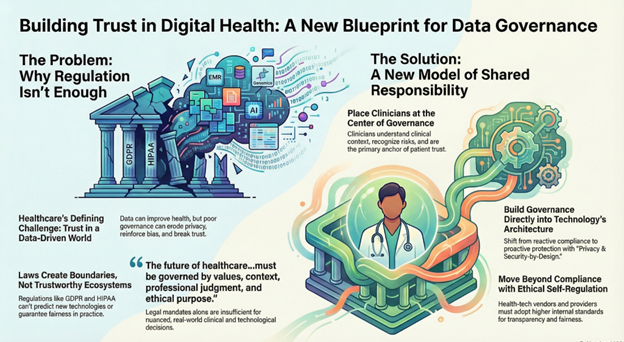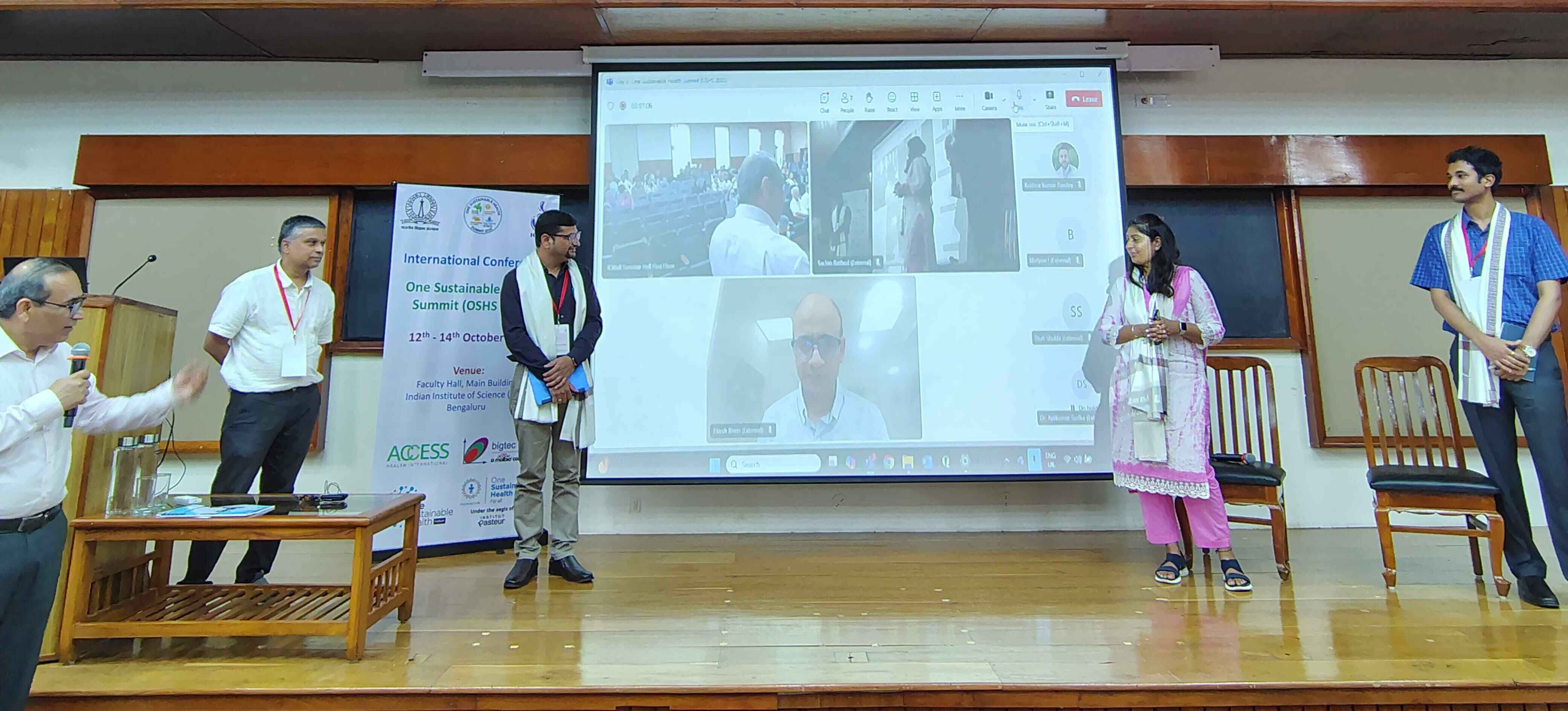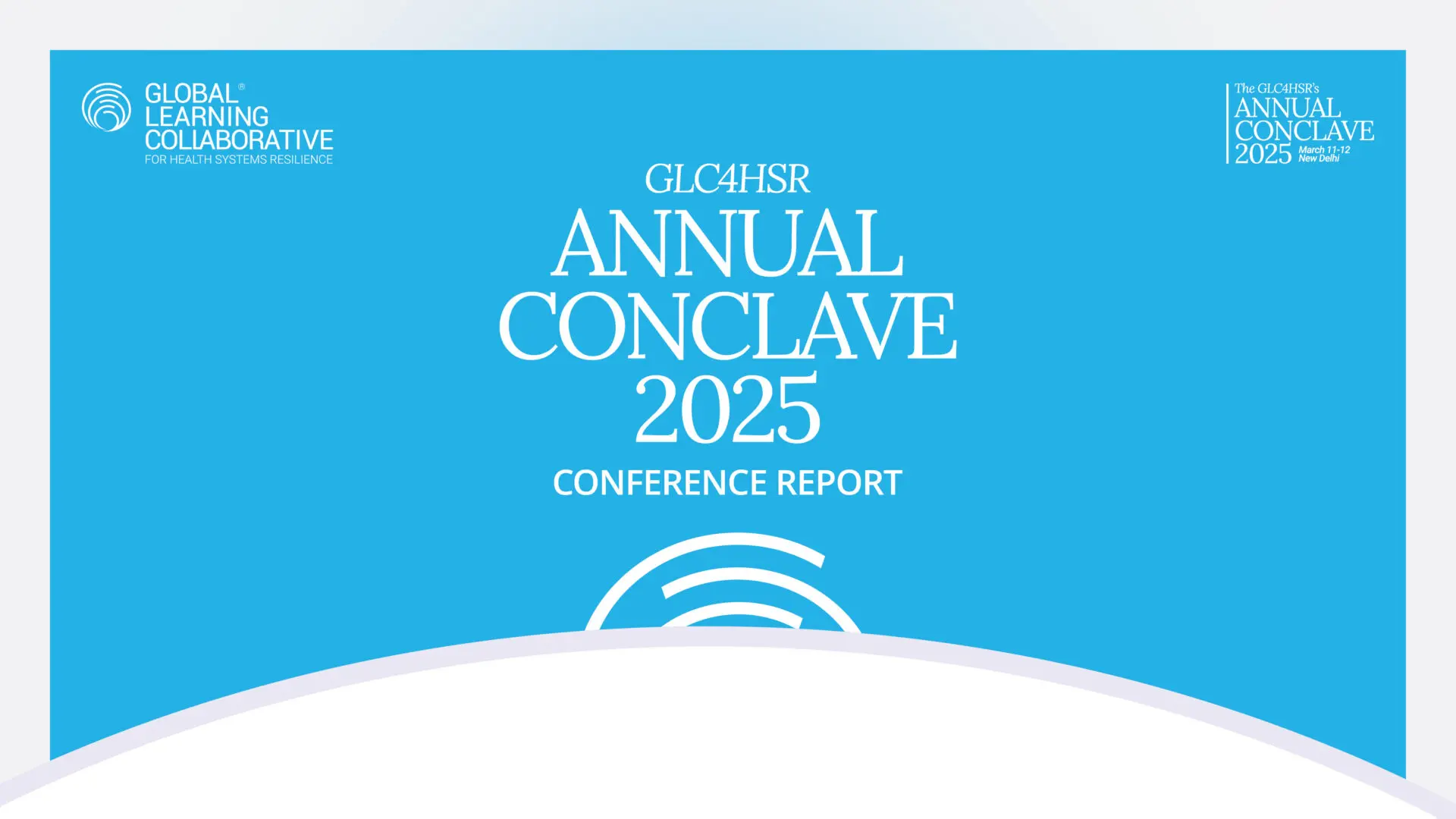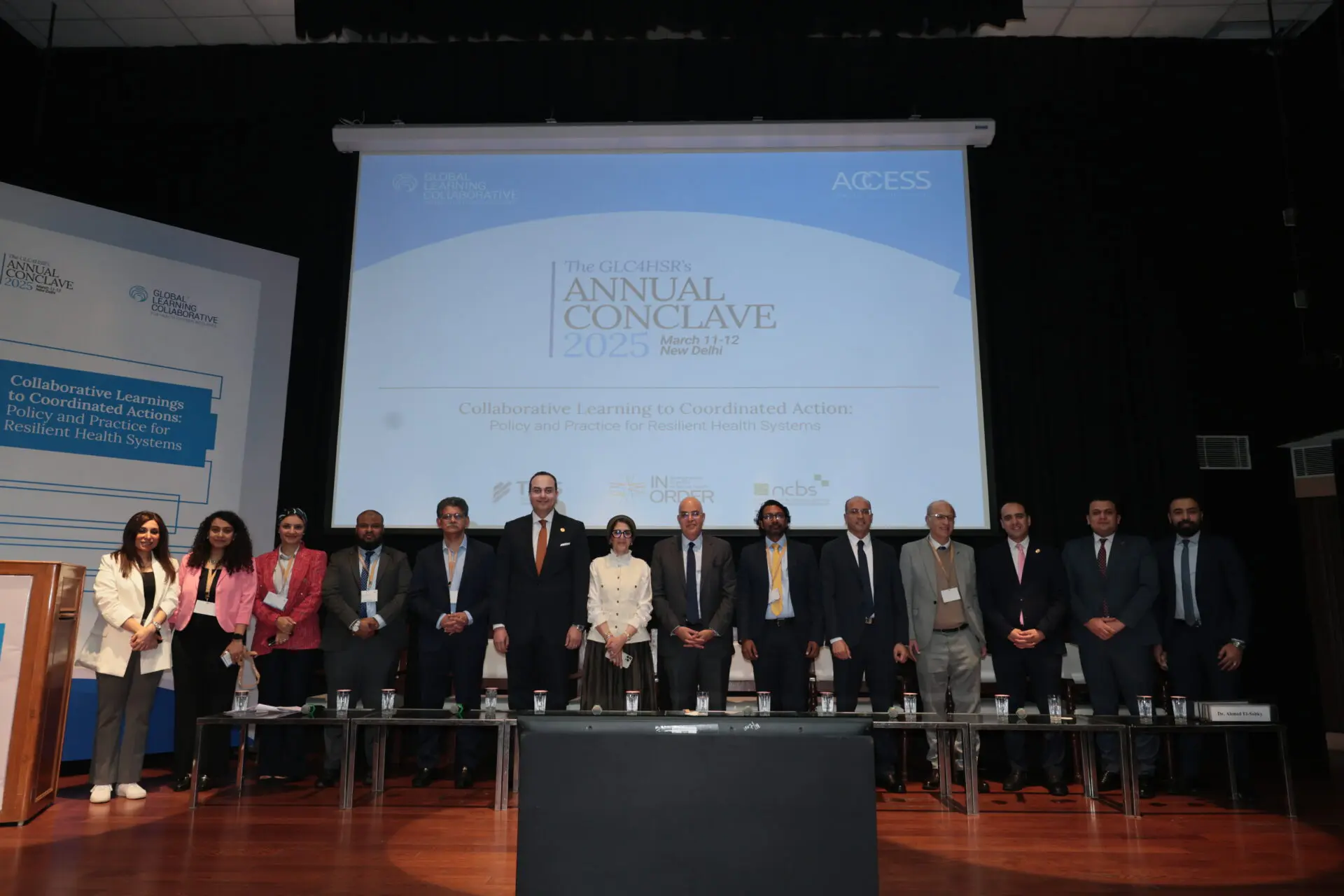Key Insights from the "Building Back Better Surveillance Systems" Workshop
Updates ▪ Jan 9, 2024
The GLC4HSR, in collaboration with the Tata Institute for Genetics and Society, India (TIGS), organized a two-day workshop titled “Building Back Better Surveillance Systems”. Held at the TIGS campus in Bengaluru in September 2023, the workshop was attended by over 100 in-person participants and another 60 online. You can find the complete proceedings here.
The workshop aimed to spotlight the imperative to elevate surveillance systems in the face of an ever-changing global health landscape. The discussions underscored innovative surveillance methodologies, technological advancements, and the criticality of the “One Health” approach in mainstreaming responsible surveillance.
The workshop explored post-pandemic surveillance strategies, drawing lessons from recent global health crises. Engaging presentations showcased the potential of novel surveillance techniques, while panel discussions critically assessed their merits and challenges. The overarching goal was clear: Develop surveillance systems that seamlessly incorporate technological innovations.
The workshop saw four comprehensive panel discussions, each delving deep into modern surveillance practices. The first panel focused on the significance of molecular technologies in pandemic surveillance and shed light on the invaluable role of wastewater monitoring in this context. The subsequent discussion centered around the transformative potential of digital surveillance tools, with an emphasis on critical aspects such as data security, collaborative efforts, and the responsible deployment of artificial intelligence. Another panel underscored the "One Health" approach, discussing a comprehensive surveillance strategy that acknowledges the intertwined nature of human, animal, and environmental health. Lastly, the workshop explored the multifaceted role of governance, policy, and financing, examining the intricate structures, policy nuances, and financial considerations in the integration of cutting-edge surveillance technologies.
The workshop emphasized several key takeaways. Firstly, there is a pressing need to reinforce and integrate wastewater surveillance into existing systems. Secondly, while harnessing the power of big data to strengthen surveillance mechanisms is crucial, it must be done ethically and responsibly. Furthermore, participants stressed the importance of understanding the intricate interconnectedness between human health, climate, and nature, highlighting the potential long-term repercussions of our actions on these ecosystems. Lastly, the discussions highlighted the significance of adopting a meticulous approach to public health policymaking, particularly given the complex interplay between various governmental departments and functions.






